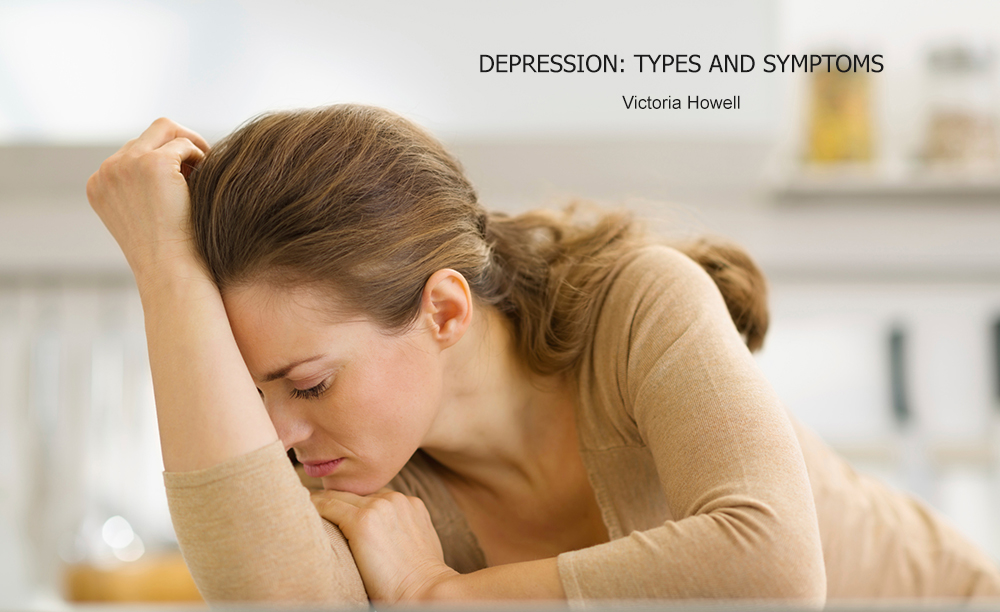Depression or depressive disorder is a rather common mood disorder, which affects one’s physical, psychological, and emotional health as well as impairs the person’s ability to perform daily functions normally. In this article, we’ll go through the traditional symptoms of depression and talk about different types of this particular disorder.
The Symptoms Of Depression
We recommend seeking professional advice if any of these signs last for more than two weeks.
- People struggling with depression can experience changes in appetite and weight fluctuation. They often suffer from unhealthy sleeping habits with too much or too little sleep. Lack of energy and fatigue are also considered to be the signs of depression. Depression is often accompanied by different aches and painful sensations including migraines and fainting as well as cramps. These conditions along with possible digestive problems tend to be seemingly groundless and usually are not alleviated when treated.
- Mental. Depression can cause impairment to the cognitive functions. Consult your doctor if you experience difficulty concentrating or memorizing new information. Unfortunately, depression can also affect one’s ability to make decisions.
- Restlessness and irritability are often the earliest signs of depression. People tend to get anxious and frequently are not able to enjoy the things, which made them happy before. We suggest seeking advice as soon as you start feeling sad, worthless, or empty. The feelings of hopelessness and helplessness can severely impair your life. Pessimistic and suicidal thoughts are also quite frequent. However, it does not mean you are not depressed if you don’t think about killing yourself.
The Types Of Depression
- Persistent depressive disorder. PDD is a depression, which lasts for two or more years and is characterized by traditional symptoms.
- Major depression. A long-term depression, during which the person feels low for the most part of the week. It has the general symptoms of depression we’ve mentioned earlier.
- Manic depression. Also called bipolar disorder, this type is characterized by violent and abrupt mood swings. People tend to get from happy to severely depressed in a matter of seconds. The depressive period has the same symptoms as the aforementioned major depression.
- Seasonal affective disorder. Usually occurs in the winter time and has the same signs as the major depression.
- Psychotic depression. Along with traditional symptoms of depression, people with psychotic type struggle with hallucinations, delusions, and even paranoia.
- Situational depression. Although this type is not medically classified asa thing. It usually occurs when something life changing or traumatizing takes place. It is often temporary and can be battled with psychotherapy.
- Atypical depression. This type of depression is a little bit different. If you struggle with atypical depression, you might experience temporary relief. Unfortunately, it does not mean it’s over, even though positive events can alleviate the symptoms. People with this depression type tend to sleep longer and be extremely sensitive to criticism. They can also have an increased appetite and experience the feeling of heaviness in limbs.
We urgently suggest making an appointment with a professional if you notice any of these symptoms, especially if they are present for more than two weeks!
Visit us for more information about your health http://www.nyneurologists.com/

